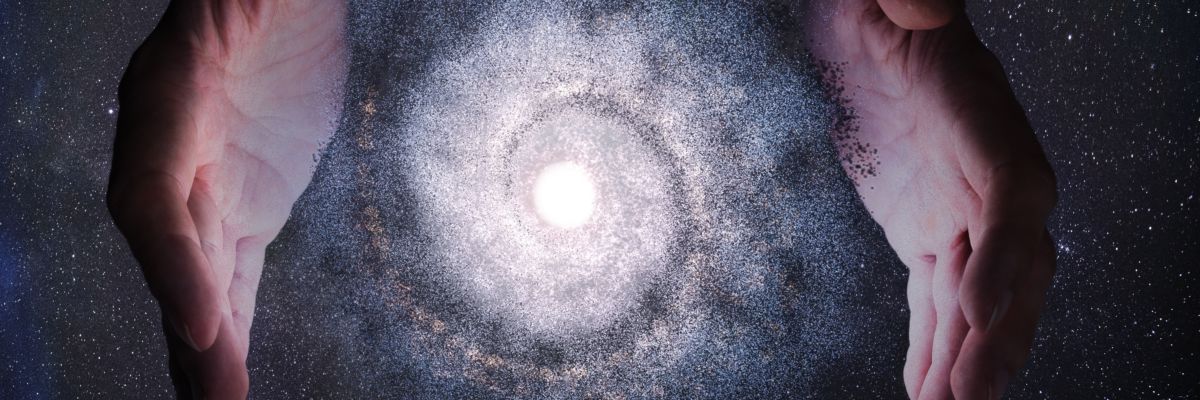
DAY 46
CHALLENGE
“What possible reason do you have for thinking that God exists?”
DEFENSE
Here’s one: the universe had a beginning.
This is known as the Kalam cosmological argument. (Kalam is an Arabic word meaning “discourse.”) It can be framed as follows:
1. Everything that has a beginning has a cause.
2. The universe has a beginning.
3. Therefore, the universe has a cause.
4. The universe is the realm of space and time.
5. A cause transcends the thing it causes.
6. Therefore, the cause of the universe transcends space and time.
7. God is the spatially and temporally transcendent cause of the universe.
8. Therefore, God exists.
The premises of this argument are lines 1, 2, 4, 5, and 7. The conclusions (lines 3, 6, and 8) follow from them.
Line 1 is validated by experience. Everything we see that has a be- ginning also has a cause.
Line 2 is sometimes supported by philosophical arguments attempt- ing to show that the universe could not have an infinite past. Some philosophers have found these arguments persuasive, but others, myself included, have not. I agree with St. Thomas Aquinas that, although God did create the universe with a finite history, he could have created it with an infinite history if he chose (ST I:46:2).
A more promising basis for line 2 is found in modern science, which points to the origin of the world, including space and time, in an event approximately 13.7 billion years ago known as the Big Bang. Multiple lines of evidence point to the reality of this event. The results of science are always provisional, and so it is possible that one day the Big Bang could either be disproved or proved not to be the actual beginning of the uni- verse. However, the Big Bang is well supported science and our best understanding at present. Its implications therefore should be taken seriously.
Line 4 is established by observation. The universe is characterized by space and time, and, so far as we can tell, it is coextensive with space and time. Further, physics supports the idea that space and time began with the Big Bang.
Line 5 is based on the fact that nothing is its own cause. Therefore, causes must transcend their effects. Line 7 is true by definition.



